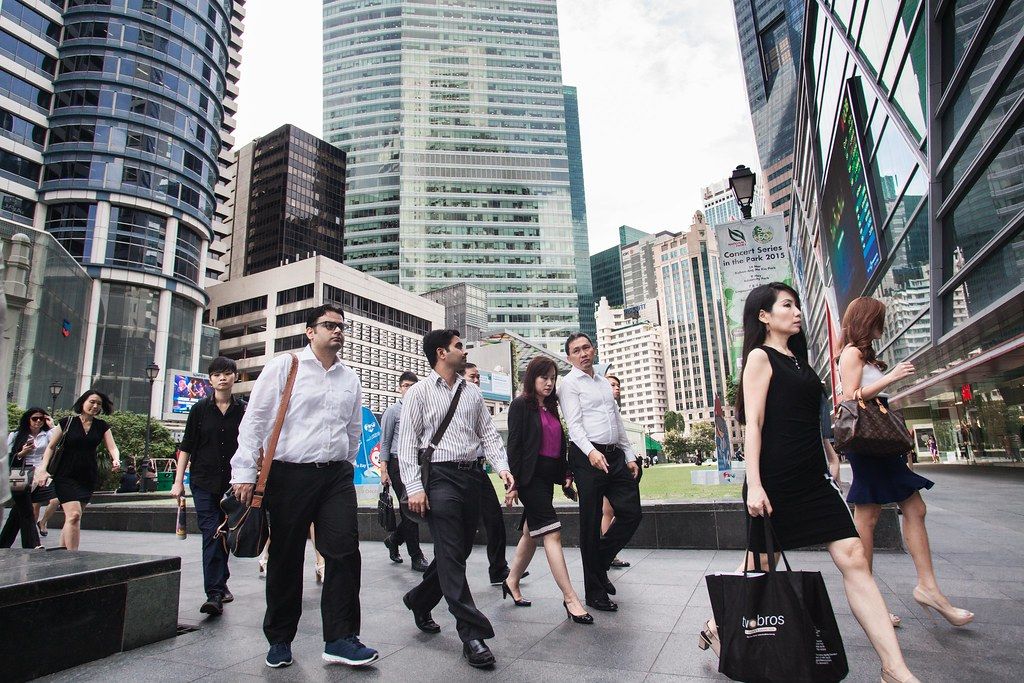The Economist recently ranked Denmark’s 2021 economic performance as the best out of 23 wealthy OECD countries, but its overall growth of 3.8 percent could have been even better had the government made it easier for companies to recruit workers from outside the EU, contend the likes of Dansk Industri and Dansk Erhverv.
However, Mette Frederiksen in her traditional New Year’s Day address hinted she is ready to discuss the possibility of lowering the amount limit – the salary that all such non-EU recruits must mandatorily be paid – which currently stands at 445,000 kroner.
Konservative and Radikale have proposed 360,000 kroner as a suitable amount.
Recruitment woes
According to Styrelsen for Arbejdsmarked og Rekruttering, Danish companies have made 158,000 failed attempts at recruiting labour over the last six months – the highest rate since the spring of 2007.
Some 35 percent of all recruitment efforts were unsuccessful. They either failed (20 percent) or ended with the position being filled by a candidate who did not have all the desired qualifications (15).
Almost half of all companies with labour shortages have reported production losses.
Government has been “financially irresponsible”, claims ally
It is thought likely Frederiksen and the finance minister, Nicolai Wammen, will enter into discussions sometime soon. “We only have to bring in labour that is in short supply. It must be for a limited period. And it must, of course, be done in a proper way,” the PM said on January 1.
Radikale, a government ally, went as far as calling the government “financially irresponsible”, according to DR.
“Right now, companies are lacking a lot of labour, and if we are not to continue to lose welfare every single day because people say no to orders at companies, then we must be ready for international labour to come here,” concurred Konservative leader Søren Pape Poulsen.
However, two of the government’s left-wing allies, SF and Enhedslisten, oppose lowering the amount.
Domestic flight zero goal
In related news, the PM took the opportunity of her New Year’s speech to announce a fossil fuel-free goal for all domestic flights by 2030.
“To travel is to live and therefore we fly,” said Frederiksen. “When other countries in the world are too slow, then Denmark must take the lead and raise the bar even more.”
However, the PM conceded that the technology is not yet available to achieve the goal.















